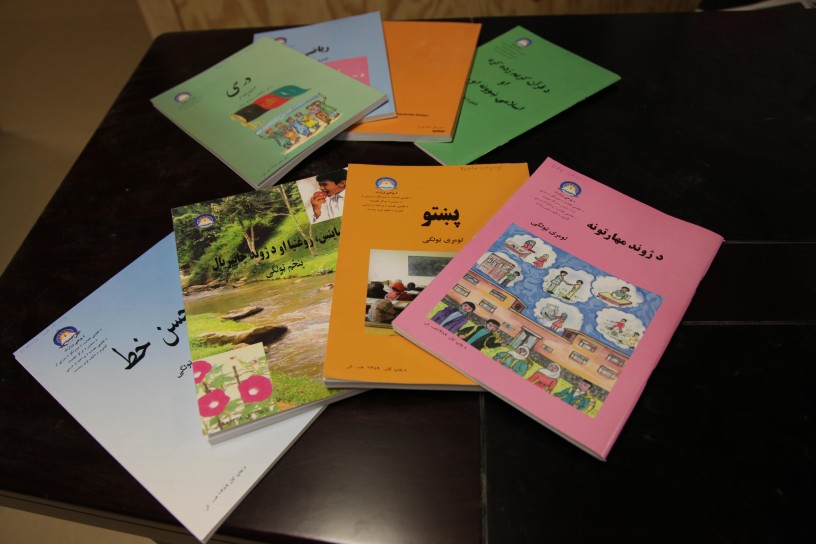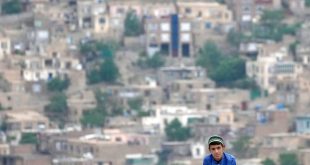The country direly needs well-educated citizens to scale new heights of development. The three-decades plus wars and civil strife had barely left the infrastructure intact. What the country had in pre-1979 era has been bombed or burnt to the ground in the years of bloodbath. The Taliban hit the last nail during their de facto rule. What the democratic government received in 2001 was called a war-devastated country. The top priorities were national unity and infrastructure building. The government succeeded to achieve these goals, but to some extent as long journey is still ahead. What is very unfortunate is that the democratic journey was interrupted by widespread corruption, galloping insecurity, mismanagement, red-tapism and continued foreign interference.
As a whole, education and health sectors failed to get due attention of the government in this journey, because much of the donations and state budget was spent to meet expenses of the officials and security needs. The authorities could blame insecurity for the worth-lamenting condition of the education sector. However, there is more to blame such as their poor policies, because students of government-run schools are attending classes without having textbooks. The outdated syllabus is also adding to the injury. The apathy does not break here, but teachers are also upset as their demands for increase in salary and residential plots yet to be met.
For improvement of public education sector it is imperative to facilitate teachers and address their concerns. The education ministry has taken steps in this regard and started distribution of residential plots in some provinces. Uncomfortably, the numbers of plots are not enough. Besides that, reforms are not visible in the education sector despite the official claims that Afghanistan is on fast track to meet the education goals. People prefer private education system and spend hundreds of US dollars on their children’s education, annually. This trust deficit speaks volumes about performance of the relevant authorities and their failure to address the root cause. To meet the modern-day needs and parents’ demands, the education ministry should ramp up efforts to overhaul the public sector education while revising the curriculum and teaching methods.
As a matter of fact, most of the teachers in public schools could not impart education properly as they are outdated. Students have complained times and again in this regard, but fall on deaf ears. An assessment test should be taken from the teachers on urgent basis to gauge their level of intellect. If the teachers are just in their demand for residential plots and increase in salary, the students are also entitled to the right to object over the teaching methods and teachers having poor knowledge of the subjects that they teach.
Progress is possible if the government improves the teaching process and learning outcomes. Same is the importance of strengthening management of the education system through comprehensive policies and better planning, monitoring and evaluation at different levels.
 Afghanistan Times
Afghanistan Times


